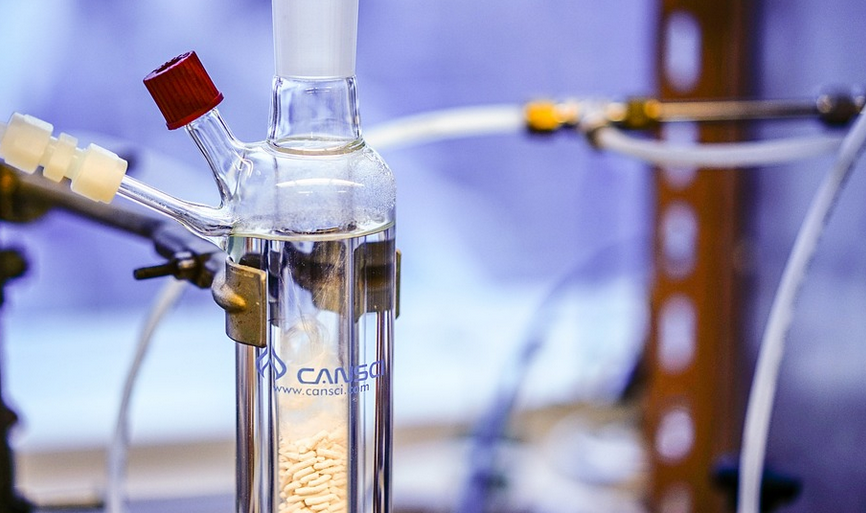Introduction
Lactose is a sugar found in milk and dairy products. It is broken down into glucose and galactose by an enzyme called lactase. Lactase is produced in the small intestine of humans and is necessary for the digestion of lactose. However, some people are lactose intolerant, which means they do not produce enough lactase to digest lactose properly.
What is Lactose Intolerance?
Lactose intolerance is a common condition that affects millions of people worldwide. It occurs when the body is unable to produce enough lactase to digest lactose. This results in symptoms such as bloating, gas, abdominal pain, and diarrhea.
Lactose Metabolism Pathway
The lactose metabolism pathway begins with the breakdown of lactose into glucose and galactose by lactase. Glucose and galactose are then transported into the bloodstream and taken to the liver for further processing. In the liver, galactose is converted into glucose, which is then used for energy or stored in the liver as glycogen. Glucose is also used by the brain as a source of energy.
Regulation of Lactose Metabolism
Lactose metabolism is regulated by a number of factors, including the amount of lactose in the diet, the level of lactase produced by the body, and hormonal signals such as insulin and glucagon. When lactose levels are high, the body produces more lactase to help digest the lactose. Conversely, when lactose levels are low, the body produces less lactase.
Treatment for Lactose Intolerance
There is no cure for lactose intolerance, but there are a number of ways to manage the condition. One way is to reduce the amount of lactose in the diet by avoiding dairy products or using lactose-free products. Another way is to take lactase supplements before consuming dairy products. These supplements contain lactase enzyme, which helps to break down lactose and reduce symptoms of lactose intolerance.
Conclusion
Lactose metabolism is an important process in the human body that allows us to digest lactose and use it as a source of energy. However, lactose intolerance can make it difficult to consume dairy products and may require dietary changes or lactase supplements for management. By understanding the lactose metabolism pathway, we can better understand lactose intolerance and how to manage it effectively.

